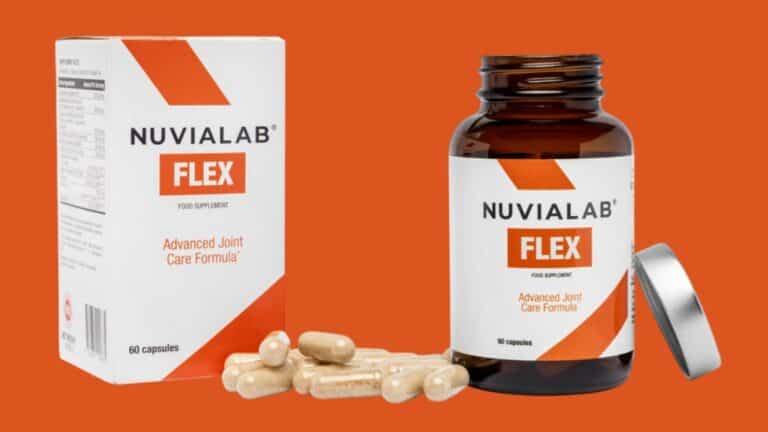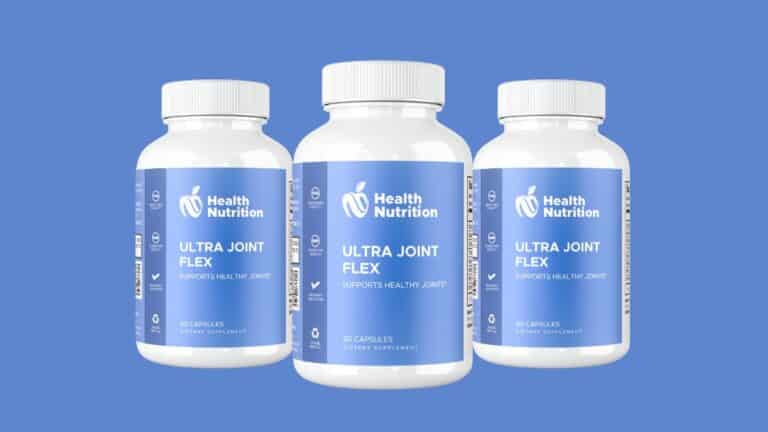Fat burners are often viewed as a quick solution for weight loss, leading many to have unrealistic expectations about what these supplements can actually do. Whether you’re just starting a fitness journey or have been trying to shed a few pounds for a while, understanding the myths and misconceptions surrounding fat burners is crucial for making informed decisions. Below, we’ll explore some of the most common misunderstandings about fat burners, and clarify what they can—and can’t—do.
Misconception 1: Fat Burners Melt Fat Without Effort
One of the most common misconceptions is that fat burners will magically melt away body fat without any effort on your part. This couldn’t be further from the truth. Fat burners aren’t a miracle pill that will cause weight to disappear overnight. They are designed to complement a healthy lifestyle, not replace it.
Fat burners can help by slightly boosting your metabolism, suppressing your appetite, or increasing your energy levels. However, they work best when combined with a balanced diet and regular exercise. If you’re sitting on the couch eating junk food and hoping a fat burner will do all the work, you’re bound to be disappointed.
Misconception 2: All Fat Burners Are Safe
Many people assume that because fat burners are sold over the counter, they must be safe. Unfortunately, this is not always the case. The safety of fat burners depends on their ingredients, dosage, and how they interact with your body. Some fat burners contain stimulants like caffeine or yohimbine, which can lead to side effects such as jitteriness, increased heart rate, or anxiety, especially in people sensitive to these compounds.
Additionally, the supplement industry is not as tightly regulated as pharmaceuticals, which means some fat burners may contain ingredients that are not clearly listed or that haven’t been well-studied for safety. Always consult with a healthcare provider before starting any supplement, especially if you have underlying health conditions or are taking medications.
Misconception 3: More Fat Burners Equal Faster Results
There’s a belief that if one pill helps, then two or three will work even better. This misconception can be dangerous. Taking more than the recommended dose of a fat burner can lead to serious side effects, including heart palpitations, nausea, dizziness, and even more severe health issues like high blood pressure or heart attacks.
It’s important to follow the dosage instructions on the label and never exceed the recommended amount. More doesn’t always mean better—especially when it comes to supplements that affect your metabolism and cardiovascular system.
Misconception 4: Fat Burners Work the Same for Everyone
People often expect fat burners to work in the same way for everyone, but individual results can vary significantly. Factors such as your metabolism, diet, level of physical activity, and even genetics all play a role in how effective a fat burner will be for you.
Some people may see noticeable results within a few weeks, while others might not experience much of a difference at all. This doesn’t mean the product isn’t working; it simply means that your body may respond differently than someone else’s. Always remember that weight loss is a highly individual process, and there’s no one-size-fits-all solution.
Misconception 5: Fat Burners Replace a Healthy Diet
Some believe that fat burners can replace the need for a nutritious diet. This is a dangerous misconception. No supplement can substitute for a well-rounded, healthy eating plan. Fat burners may increase your metabolism or help control cravings, but they cannot compensate for poor eating habits.
A healthy diet rich in whole foods, such as fruits, vegetables, lean proteins, and healthy fats, is essential for long-term weight loss and overall health. Fat burners can help with short-term goals, but without proper nutrition, the results will be minimal and unsustainable.
Misconception 6: Fat Burners Target Fat in Specific Areas
The idea that fat burners can target specific areas of the body—such as the belly, thighs, or arms—is another common myth. Unfortunately, you can’t “spot reduce” fat. When you lose weight, your body decides where the fat comes off, and this process is influenced by factors like genetics and hormones.
While some fat burners may claim to target belly fat, no supplement can force your body to burn fat from a specific location. The only way to reduce fat in problem areas is through overall fat loss, which comes from a combination of diet, exercise, and sometimes, fat burners as a supplement.
Misconception 7: All Fat Burners Work the Same Way
Fat burners aren’t a one-size-fits-all category. They come in many different types, and they work through various mechanisms. Some fat burners aim to increase your body’s core temperature to boost metabolism (thermogenics), while others work by suppressing appetite or blocking fat absorption.
It’s essential to understand the specific function of the fat burner you’re considering and how it fits into your overall weight-loss plan. Not every product will be suitable for every individual, so doing some research on ingredients and their effects is important.
Misconception 8: You Can Take Fat Burners Indefinitely
Another common misconception is that you can take fat burners for as long as you like without any consequences. Many fat burners are meant for short-term use. Extended use can lead to diminished effects as your body builds a tolerance to the ingredients, especially if stimulants are involved.
Taking fat burners for too long can also lead to dependency or negative side effects. It’s usually recommended to cycle fat burners, meaning you use them for a set period (e.g., 8-12 weeks), followed by a break to give your body time to reset. Always check the guidelines of the specific product and consult with a healthcare provider to avoid potential risks.
Misconception 9: Fat Burners Are a Long-Term Solution
Fat burners should not be viewed as a long-term weight management solution. They are best used as a short-term aid to help jumpstart weight loss or get past a plateau. Relying on them for the long haul can lead to problems, including the risk of developing tolerance or side effects from extended use.
The best approach to weight loss is building sustainable habits—such as eating a balanced diet and engaging in regular physical activity. Fat burners can help, but they are not a substitute for long-term lifestyle changes.
Final Thoughts
While fat burners can be useful tools in your weight loss journey, they are not magic pills. Understanding the limitations of these supplements and avoiding common misconceptions can help you set realistic expectations and use them more effectively. Always combine fat burners with a healthy diet, regular exercise, and a sustainable approach to weight loss. Before starting any supplement, consult with a healthcare provider to ensure it’s the right choice for your individual needs and goals.
References
- Yahoo News. (2023, September 22). Dispelling myths: Common misconceptions about fat burners. Yahoo News. https://www.yahoo.com/news/dispelling-myths-common-misconceptions-fat-182749816.html
- WFLA. (n.d.). Dispelling myths: Common misconceptions about fat burners. WFLA Bloom Tampa Bay. https://www.wfla.com/bloom-tampa-bay/bloom-fitness/dispelling-myths-common-misconceptions-about-fat-burners/
- KentRI. (n.d.). Debunking 5 common myths about weight loss medications. KentRI. https://www.kentri.org/blog/debunking-5-common-myths-about-weight-loss-medications







